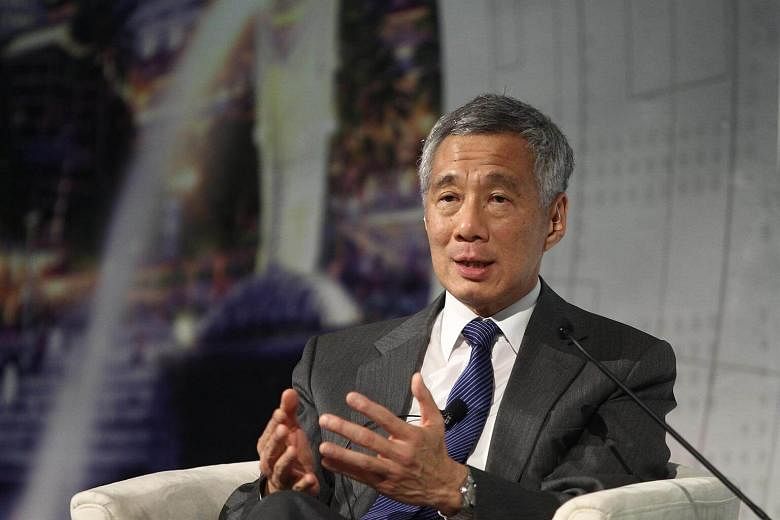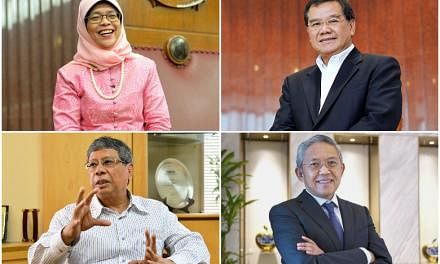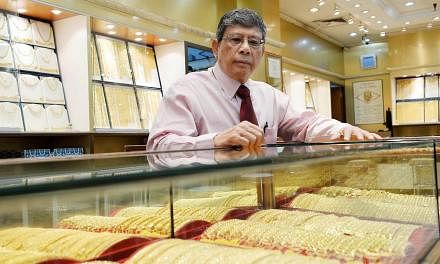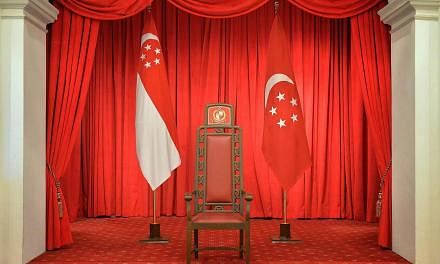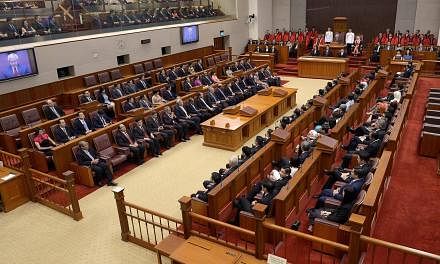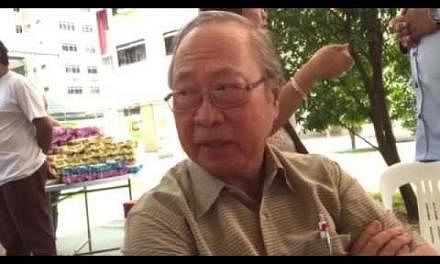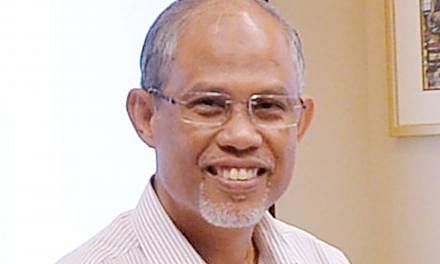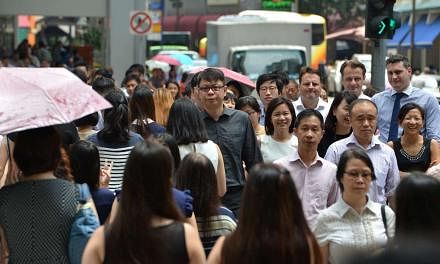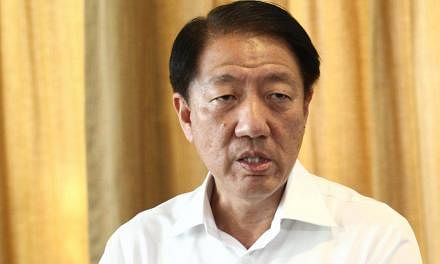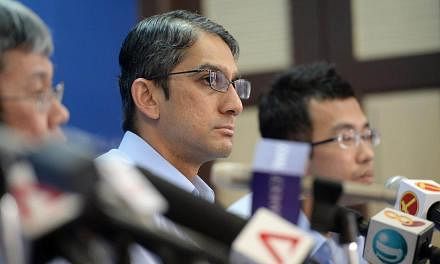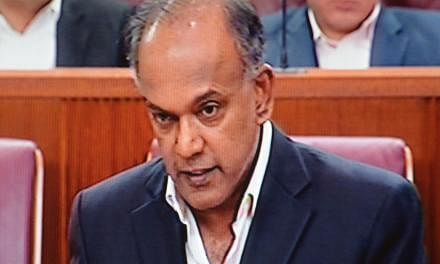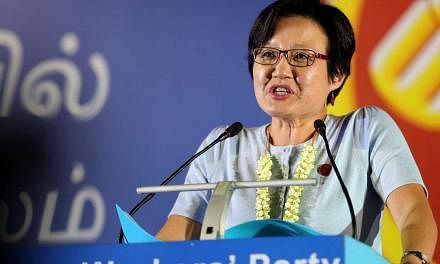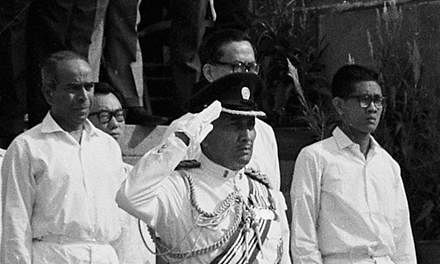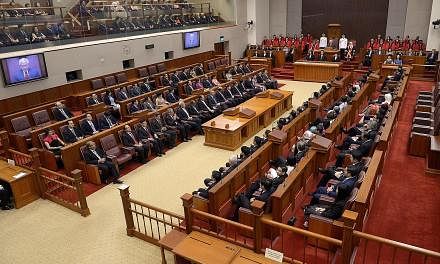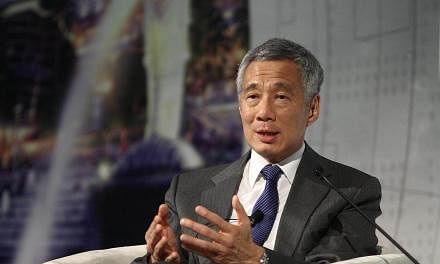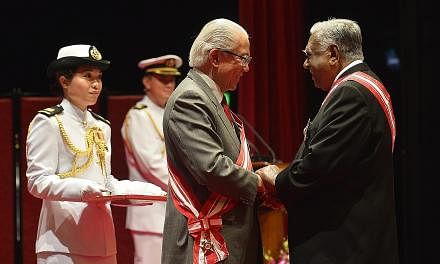It may not be easy to improve the elected presidency system to get it right, but the task has to be done as the alternatives will likely create worse difficulties down the road, Prime Minister Lee Hsien Loong said in Parliament yesterday.
He presented three alternatives and went through why they were not ideal, on the second day of the debate on proposed changes to the elected presidency.
Non-elected president with custodial powers
An appointed president who is given the same custodial powers as an elected president may find it difficult to go against the government's decisions, Mr Lee said.
"To veto the government is a major decision. You must have a democratic mandate to make that call."
All may be fine when an unelected president approves proposals by the elected government, Mr Lee said, but he may find it tough to stand his ground when he disagrees.
The government can rightly argue that it is elected and represents the people's will, and the president, who is appointed and does not have the people's mandate, has no right to disagree, he said.
-
Three other options
1 An appointed president with custodial powers
2 An appointed ceremonial president, with the powers of the second key vested in the Council of Presidential Advisers (CPA)
3 An appointed ceremonial president with no custodial powers for both the president and the CPA. The Parliament is supreme.
He added: "The president's 'no' will not stick."
Non-elected president, custodial powers vested in CPA
There have been calls to revert to a system with an appointed president playing a ceremonial role, and to have the president's custodial powers vested in the Council of Presidential Advisers (CPA) instead.
Mr Lee said the CPA - a council of unelected non-political wise men - works well as an advisory panel to the president when he is elected by the people, and has the mandate to make the final decision.
But if the unelected council becomes the decision-maker, it will have problems saying no to the government just as an unelected president would, he added.
If the council members were to be elected, "the CPA becomes an Upper House", and elections would be needed "for six, eight, or 10 presidential advisers", Mr Lee said.
"Instead of having one presidential race risking being politicised, we would have six, eight, or 10 CPA races at a similar risk."
This magnifies, instead of reduces, the problems the elected president faces, he added.
Non-elected president, no second key
The third alternative, said Mr Lee, is to appoint a president with a purely ceremonial role, do away with the president's custodial powers, dismantle the CPA, and let Parliament be supreme.
But that would be "very unwise" as this leaves Parliament with unrestricted power to do as it pleases, with no safeguard in place.
Citing what Deputy Prime Minister Teo Chee Hean said in Parliament on Monday, Mr Lee said the pressure "is to do more rather than to spend less".
He added: "I cannot recall the last occasion in this House when any political party or MP has pressed the Government to spend less or to raise more taxes."
If Parliament is made supreme, he said, it creates a single point of failure. "Everything hinges on the outcome of a single general election, on the government elected into Parliament in that one vote every five years," he added.
